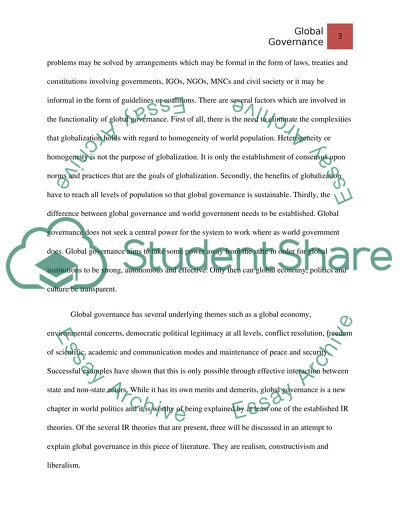Cite this document
(“Does any IR theory present a convincing framework for understanding Essay”, n.d.)
Retrieved from https://studentshare.org/history/1472646-does-any-ir-theory-present-a-convincing-framework
Retrieved from https://studentshare.org/history/1472646-does-any-ir-theory-present-a-convincing-framework
(Does Any IR Theory Present a Convincing Framework for Understanding Essay)
https://studentshare.org/history/1472646-does-any-ir-theory-present-a-convincing-framework.
https://studentshare.org/history/1472646-does-any-ir-theory-present-a-convincing-framework.
“Does Any IR Theory Present a Convincing Framework for Understanding Essay”, n.d. https://studentshare.org/history/1472646-does-any-ir-theory-present-a-convincing-framework.


